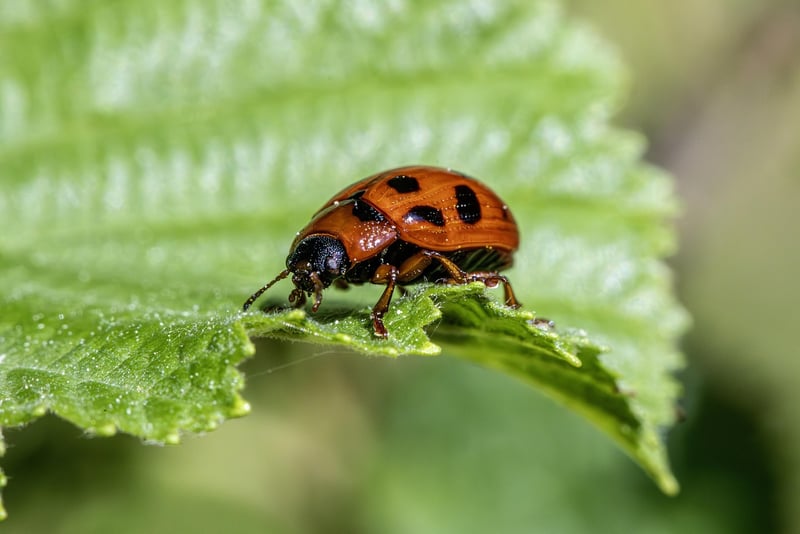Pest control strategies
Caring for Your Vertical Garden and Pest Control Strategies
Introduction
Vertical gardens are a fantastic way to bring greenery into smaller spaces or to create a stunning visual display in any area. However, caring for a vertical garden comes with its own set of challenges, including pest control. In this guide, we will explore how to properly care for your vertical garden and effective pest control strategies to keep your plants healthy and thriving.
Caring for Your Vertical Garden
1. Watering
Proper watering is essential for the health of your vertical garden. Make sure to water your plants regularly, especially during hot and dry periods. Ensure that the water reaches all levels of your vertical garden to keep all plants adequately hydrated.
2. Sunlight
Place your vertical garden in a location that receives adequate sunlight based on the plants you are growing. Some plants may require full sun, while others thrive in partial shade. Monitor the sunlight exposure and adjust the placement of your vertical garden as needed.
3. Fertilizing
Provide your plants with the necessary nutrients by fertilizing them regularly. Choose a fertilizer that is suitable for the types of plants in your vertical garden and follow the instructions for application carefully.
4. Pruning and Maintenance
Regularly inspect your vertical garden for overgrowth, dead leaves, or any signs of disease. Prune your plants as needed to promote healthy growth and remove any decaying matter to prevent the spread of pests and diseases.
Pest Control Strategies
1. Natural Predators
Introduce beneficial insects like ladybugs or lacewings that prey on common garden pests such as aphids or spider mites. These natural predators can help keep pest populations in check without the use of chemicals.
2. Neem Oil
Neem oil is a natural insecticide that can effectively control a variety of pests while being safe for plants. Dilute neem oil according to the instructions and spray it on affected plants to deter pests like mealybugs or caterpillars.
3. Soap Solution
A simple solution of water and mild soap can be used to create a spray that suffocates soft-bodied pests like aphids or whiteflies. Regularly spray the affected plants with this solution to eliminate pests.
4. Diatomaceous Earth
Diatomaceous earth is a natural substance that can be sprinkled around the base of your vertical garden to create a barrier against crawling insects like ants or slugs. The sharp particles in diatomaceous earth damage the exoskeleton of pests, effectively controlling their population.
Conclusion
By following these care tips for your vertical garden and implementing effective pest control strategies, you can maintain a vibrant and healthy vertical garden that flourishes with lush greenery. Regular monitoring, proper maintenance, and timely pest control measures are key to ensuring the success of your vertical garden.

Remember, a well-cared-for vertical garden not only adds beauty to your space but also contributes to a healthier environment and a sense of tranquility. Happy gardening!
